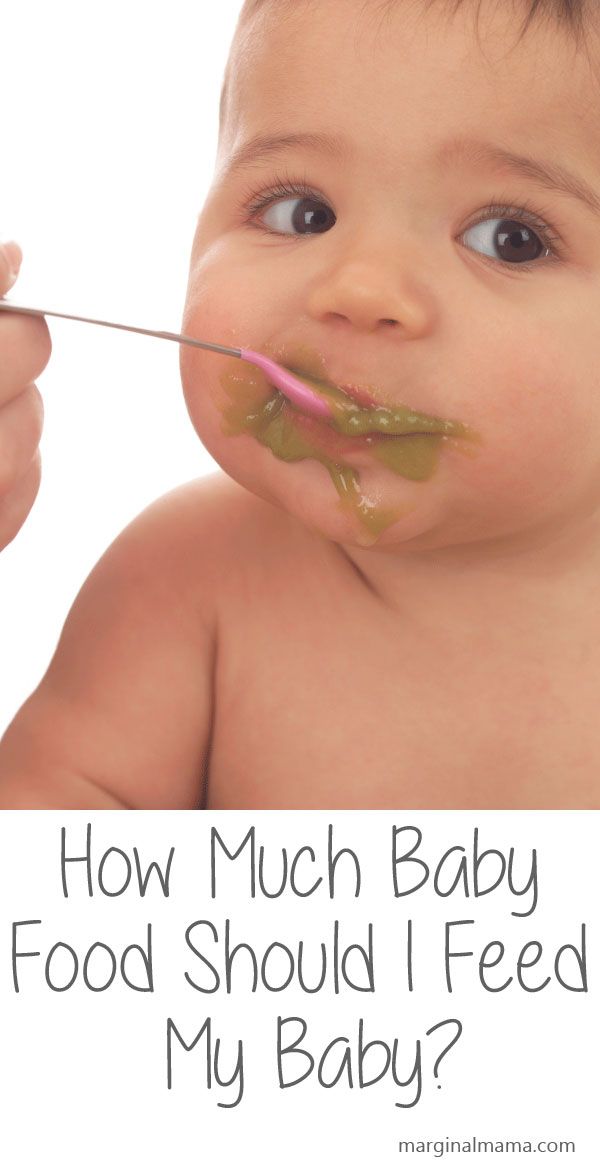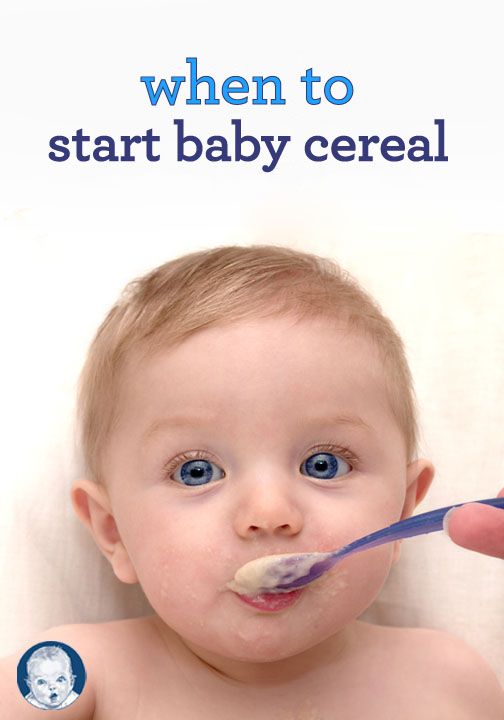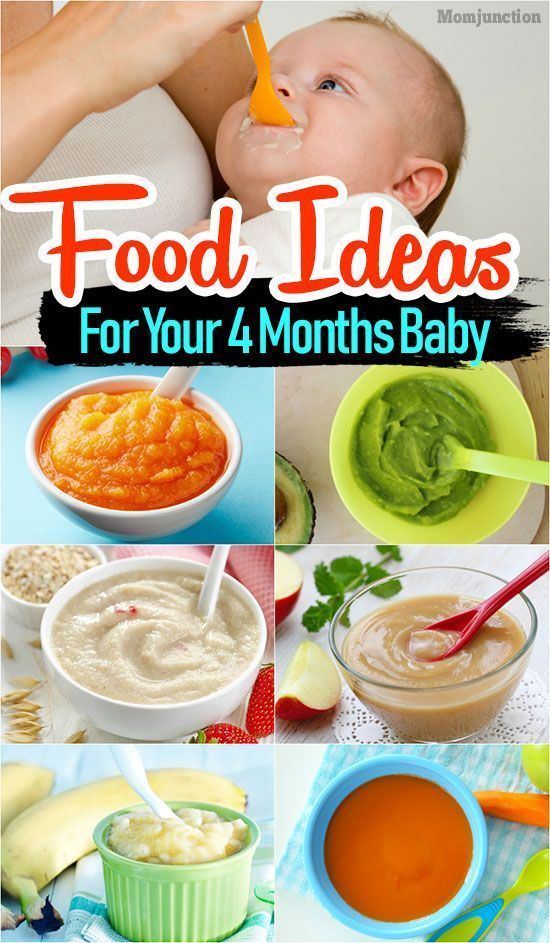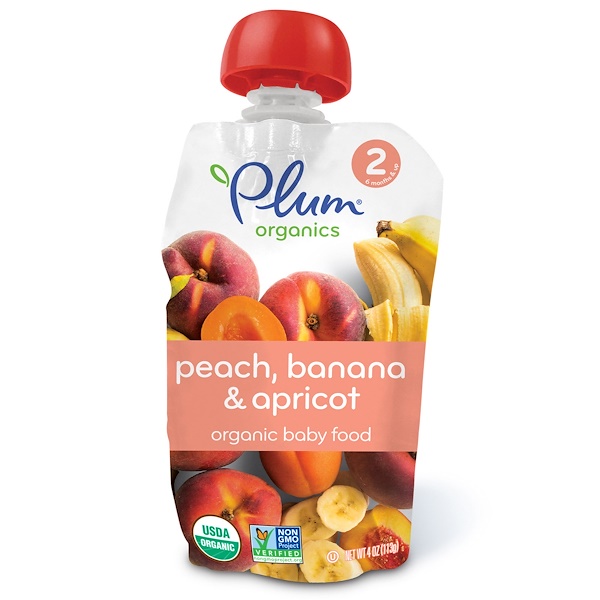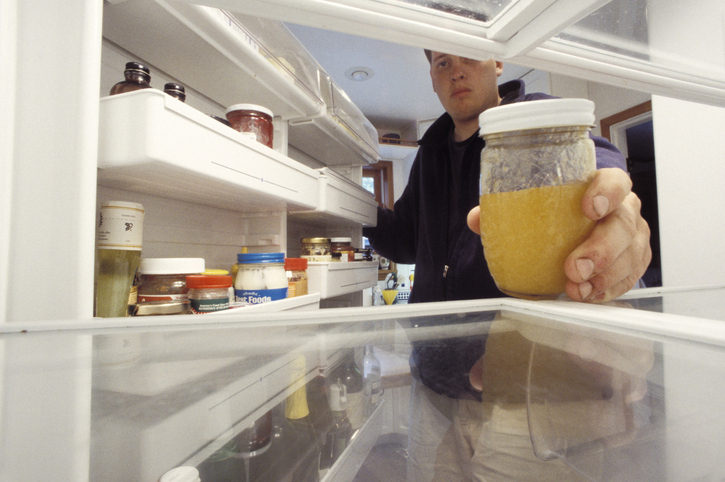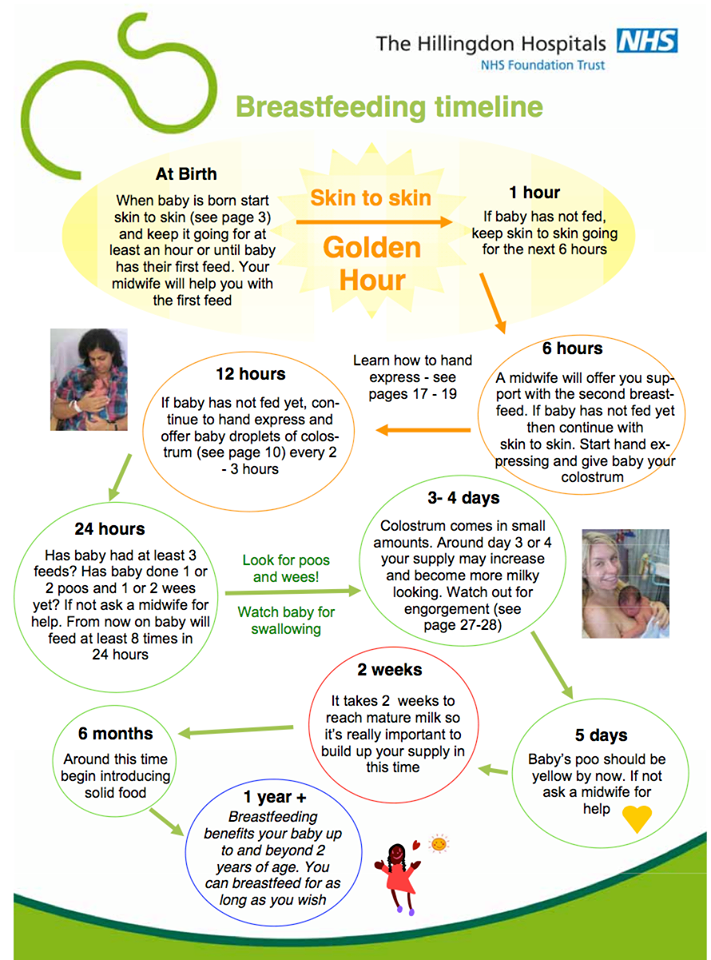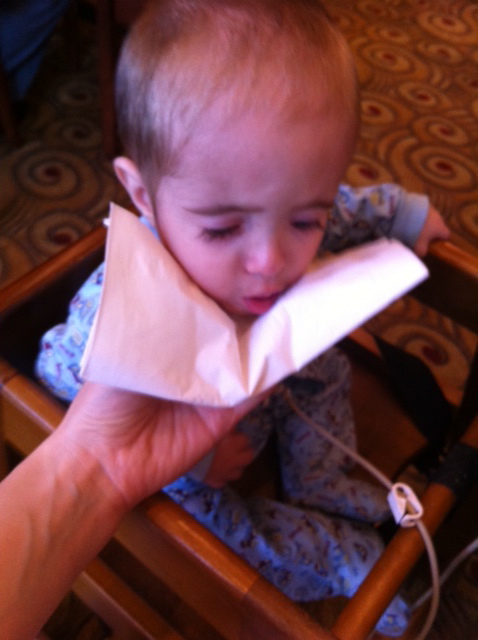Baby stomach gurgling when feeding
Why Does Baby Stomach Gurgle When She Eats
-- Discover a safe space for women to meet, listen and share valuable advice!
The Mothers Community is a safe online community sharing advice on fertility, pregnancy and motherhood through to menopause. Join Community Here --
Do you hear noises around your baby’s tummy and are worried that this could be a call for concern?
As a parent, such experiences can be scary and have you thinking,
“Why does baby stomach gurgle when she eats?” You may even have thought of planning a trip to the pediatrician.
But what really causes stomach noises in children, and is it a call for concern?
While there are many reasons and myths for this, it is crucial for you as a parent to know what triggers stomach gurgles in children and what you can do.
If this is you, you need to read this article; otherwise, you won’t know how to help your helpless baby.
Why Does Baby Stomach Gurgle When She Eats
Stomach noises usually occur when you put food or liquid on an empty stomach.
Digestive sounds in babies are normal and can occur because of different factors. Some of the common reasons your baby’s stomach may gurgle while they are feeding include:
1. Gas or Air MovementMovement of gas or air in your child’s digestive system may be one of the reasons their tummy may be rumbling.
Generally, gas can increase in baby’s tummies in various instances, like when they feed using a bottle that doesn’t have adequate air vents.
Also, babies can take in extra air when they cry for extended periods.
2. Dietary SensitivityThe other reason could be that the mother could have eaten foods with a lot of gas, including dairy and wheat products.
Consequently, the baby takes in the air during breastfeeding, leading to gurgling.
This is also true when the baby eats formula or other food with acid.
Other times, acid reflux can cause stomach acids to return to the esophagus, and this can cause stomach noisiness and fussiness in babies.
As adults, the most common reason babies’ stomach gurgles is hunger.
When the stomach is empty, it contracts, and this causes air movement, leading to strange noises.
4. Wrong PositioningWhen you place your child in the wrong position while feeding, it can lead to rumbling and gurgling. This is true when gas is unable to escape.
See a related post: How To Make Sugar Water For Babies
Is It Normal for Baby’s Stomach to Gurgle During Eating?When your baby feeds, the digestion process begins, causing them to want to poop after a while.
Usually, your stomach is likely to make rumbling noises when you pass a bowel movement.
Ideally, it is believed that humans pass gas up to 20 times a day, and noises are part of this process.
As a child’s digestive system matures, many activities occur, and all this can contribute to the strange gurgling noises.
Therefore, you can rest assured that gurgling noises in an infant’s stomach are a normal part of the digestive process while feeding.
Generally, these sounds can occur every 30 seconds to 1 minute if the baby’s digestive system is normal.
Why Does Baby Stomach Make Noises While Sleeping?Besides feeding, you may also hear rumbling noises on your baby’s stomach when sleeping.
While this may not be very common, like feeding, it is completely normal and should be no reason to be alarmed.
Usually, this occurs because the digestive system is regularly working to ensure proper functioning.
During this process, gas and milk tend to move through the digestive tract, causing their stomach to gurgle while sleeping.
If anything, the absence of noise on your baby’s stomach can be a cause for concern, especially if it becomes sudden.
You may also want to call a pediatrician if the rumbling sound suddenly becomes a squealing or whining sound.
What to do to Stop Baby’s Stomach NoisinessWhatever the cause, stomach noisiness in babies can be uncomfortable. Fortunately, there are several things you can do to ease this discomfort.
Fortunately, there are several things you can do to ease this discomfort.
To help your baby feel better from the discomfort, hold him upright or about 30 degrees both during feeding and after feeding.
Doing this helps to prevent gas from traveling back to his esophagus.
2. Burp More OftenBurping your child more often can offer much-needed relief from gas trapped in your child’s belly.
3. Bicycle LegsGently help your child move their legs back and forth to appear they are riding a bicycle. This helps to relieve trapped gas from his belly.
4. Warm Baths and MassageMassaging your baby and placing them in a warm water bath can also help ease the discomfort.
A warm bath and massage soothes the baby’s stomach and helps them relax, making it easy for gas to travel properly in the digestive tract.
Other ways to relieve baby’s gas include:
- Pace your baby in an upright position after feeding
- Use a warm compress
- Give baby gripe water or colic drops
- Give your baby over-the-counter gas drops based on doctor’s instructions
We hope that this article has been helpful if you have been wondering, “Why Does Baby Stomach Gurgle When She Eats. ”
”
It is normal for a parent or caregiver to get concerned and worried when these sounds become consistent.
However, as aforementioned, gurgles in your baby’s stomach may be a normal part of digestion and may not warrant a trip to the doctors.
Learning how to relieve discomfort in babies to improve the feeding experience is imperative for all parents.
However, if your baby does not get relief from the home remedies, consider consulting your pediatrician as soon as possible.
A medical professional will help determine whether your baby is sensitive to her diet or the main cause of the gas.
Frequently Asked QuestionsHow do I know the baby has gas?As a parent, knowing the signs and symptoms of infant gas can help you find the right remedy to ease the discomfort.
Some of the common infant gas symptoms to look out for include:
- Swollen stomach
- Spitting up
- Excessive fussiness even if they are not hungry
- Excessive hiccups, burping, spit-ups, and belches
- Flatulence
- High pitched voice
- Arched back
- Constant lifting legs
Unknown to some mothers, breastfeeding can affect the baby’s digestion, especially if the mother eats certain types of food.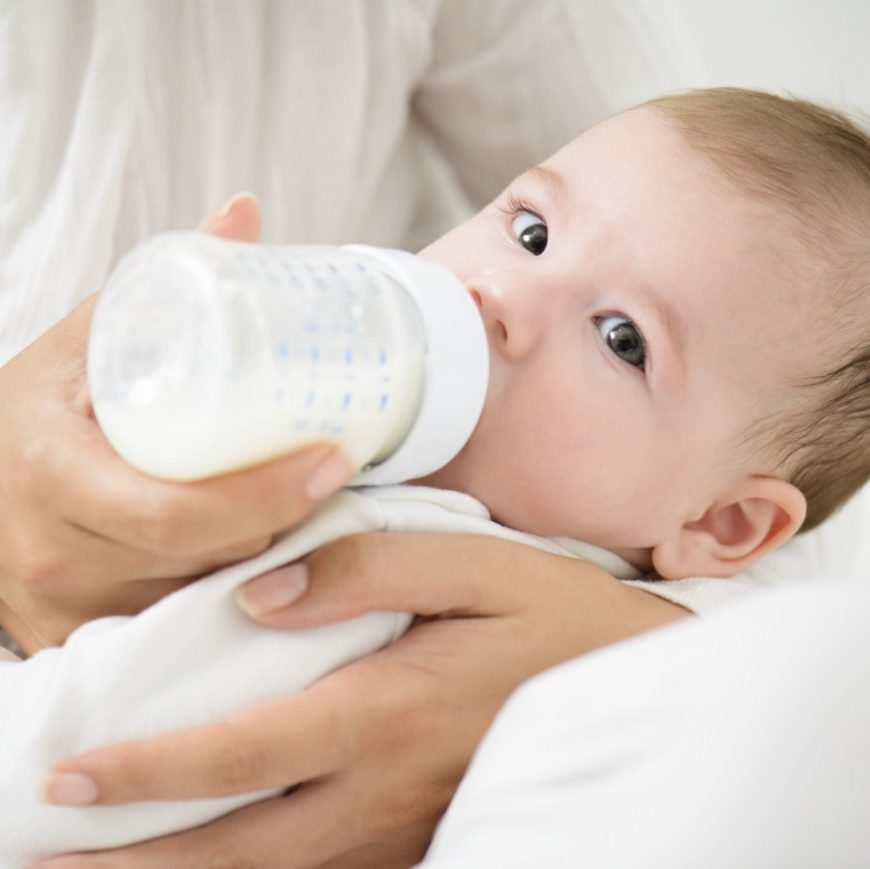
Whatever you eat is passed into your bloodstream and passed to your breast milk.
If the foods are acidic, the gas can be passed to your breastfeeding baby. Besides, some ingredients in a baby’s formula can also trigger this reaction.
Foods that can trigger stomach rumbles in babies include:
- Acidic foods
- Wheat and dairy products
- Caffeine
- Beans
- Cabbage
- Broccoli
- Spicy Foods
- Citrus fruits
- Oatmeal
Signs of food sensitivity or intolerance in children include:
- Mucous or blood in stool
- Rashes or eczema
- Congestion
- Wheezing cough
In most cases, occasional splitting is very normal in children.
However, it can become an issue if the split-ups are continuous during feeding, which may be a sign of acid reflux.
This usually happens when food in the stomach travels back to the esophagus, causing aspiration or vomiting.
This process can be quite uncomfortable and irritable for children and may need immediate attention from your pediatrician.
They will offer you the best remedy for reducing the acid reflux in your child.
Is stomach gurgling dangerous for children?While it may be upsetting to hear stomach noises in your baby, these sounds are mostly normal and indicate digestion.
Nevertheless, this may not be the case when you hear loud, high-pitched sounds, as this could indicate an underlying gastrointestinal disorder or blockage in the digestion system.
In this case, you need to consult a doctor.
Iesha Mulla
Iesha is a loving mother of 2 beautiful children. She’s an active parent who enjoys indoor and outdoor adventures with her family. Her mission is to share practical and realistic parenting advice to help the parenting community becoming stronger.
She’s an active parent who enjoys indoor and outdoor adventures with her family. Her mission is to share practical and realistic parenting advice to help the parenting community becoming stronger.
A safe space for women to meet and find support!
The Mothers Community is a place to connect with women who are at a similar stages in life–from fertility, pregnancy and motherhood through to menopause.
Join a community who are there to listen, share information and offer valuable advice. Join Community
Take matters into your own hands! Expert advice for Fertility, Pregnancy and Motherhood! Discover More Here
Parental Questions - Parenting Tips & Advice
Big KidIt can be difficult to determine what grade or level of education your child will be in, especially if you’re unfamiliar with the US educational system. Moreover, a child’s grade placement within the system is a big deal to consider when deciding whether to send a child back to school—for instance, when a homeschooled child …
by Iesha Mullaupdated on Leave a Comment on How Old Are You in 8th Grade?
Baby Toddler DevelopmentWhen deciding whether to send a child to school, the child’s grade placement is a big deal to take into account. For instance, it’s one of the most important considerations in a case when a homeschooled child wants to return to public school. What grade should they be enrolled in when they start school? Well, …
For instance, it’s one of the most important considerations in a case when a homeschooled child wants to return to public school. What grade should they be enrolled in when they start school? Well, …
by Iesha Mullaupdated on Leave a Comment on How Old Are You in 7th Grade?
Baby Toddler DevelopmentIf you have a sixth-grade child, you might wonder how old they are. After all, they are at a critical stage in their lives. They are becoming more independent and developing their opinions and preferences. It can be hard to keep up with the child’s grade and age, especially when you don’t fully understand the …
by Iesha Mullaupdated on Leave a Comment on How Old Are You in 6th Grade?
Baby Toddler DevelopmentWhen you become a parent, you quickly realize that your child grows too fast. It seems they were learning to walk and talk only yesterday, and now they’re in fifth grade! So to keep track and do what’s needed, parents keep asking the question, how old are you in 5th grade? But why is this …
It seems they were learning to walk and talk only yesterday, and now they’re in fifth grade! So to keep track and do what’s needed, parents keep asking the question, how old are you in 5th grade? But why is this …
by Iesha Mullaupdated on Leave a Comment on How Old Are You in 5th Grade?
Baby Toddler DevelopmentCompared to other nations, Children start school quite late in the American school system. However, the academic ranking, called grade placement, is quite orderly as each year or grade usually has a rough minimum age requirement. Most children in fourth grade tend to fall within a certain age range. But how old are you in …
by Iesha Mullaupdated on Leave a Comment on How Old Are You in 4th Grade?
Big KidOne of the biggest joys of parents is seeing their children go higher in the school system. It shows your child is excelling and striving to have a better future. However, it can be hard to keep up with their grading system. Especially when they are teenagers and feel they can handle themselves. But that …
It shows your child is excelling and striving to have a better future. However, it can be hard to keep up with their grading system. Especially when they are teenagers and feel they can handle themselves. But that …
by Iesha Mullaupdated on Leave a Comment on How Old Are You in 11th Grade?
Big KidGrade structure in high school is a crucial issue to consider when deciding whether to send a child back there. For instance, one crucial element to consider in the case of a homeschooled child who wants to return to public school is their grade. There are various things that 10th graders are expected to know, …
by Iesha Mullaupdated on Leave a Comment on How old Are You in 10th Grade?
Baby Toddler DevelopmentThe US education system differs markedly from what is generally true in many countries. It’s divided into three phases. Students begin in elementary school, pass into middle school, and then on to high school. These correspond roughly to age ranges, and the student’s age generally indicates what grade they’ll be in. So, if you are …
It’s divided into three phases. Students begin in elementary school, pass into middle school, and then on to high school. These correspond roughly to age ranges, and the student’s age generally indicates what grade they’ll be in. So, if you are …
by Iesha Mullaupdated on Leave a Comment on How Old Are You in 3rd Grade?
Baby Toddler DevelopmentDo you want to know what age your child should be in the second grade? It’s essential to know the age requirement for children in every class. This information can help you plan for your child’s future and handle various decisions right now. Typically, your child starts elementary school around 6 years old in the …
by Iesha Mullaupdated on Leave a Comment on How Old Are You in 2nd Grade
Baby Toddler DevelopmentWith time, trends and norms evolve to suit the ever-progressing world. This is true for every life process, including schools. Therefore, a concerned parent will always keep up with the changing school trend. This ensures that their wards do not miss any educational benefits children their age enjoy. Children are the future of any society. …
This is true for every life process, including schools. Therefore, a concerned parent will always keep up with the changing school trend. This ensures that their wards do not miss any educational benefits children their age enjoy. Children are the future of any society. …
by Iesha Mullaupdated on Leave a Comment on How Old Are You in 1st Grade?
main causes and remedies :: SYL.ru
After the birth of a child, parents experience great anxiety about his condition, especially colic, lack of milk, and many other problems of newborns can be a cause for concern.
In the first months of life, babies begin to suffer from many problems associated with the digestive process. This is because the digestive system is still poorly formed. That is why painful colic often occurs, increased gas formation is observed and rumbles in the abdomen of the baby. During these disorders, the child suffers greatly, sleeps poorly, eats, cries all the time. It is very important to know why the baby is rumbling in the stomach, when it is considered the norm and how to help the baby.
During these disorders, the child suffers greatly, sleeps poorly, eats, cries all the time. It is very important to know why the baby is rumbling in the stomach, when it is considered the norm and how to help the baby.
To understand why a baby's stomach rumbles, you need to know the main reasons that can provoke such a condition. The most common cause is swallowing air during feeding. This happens due to improper attachment of the baby to the breast or due to the fact that the milk runs very hard and the baby simply does not have time to swallow it. In addition, the baby's tummy may growl due to the accumulation of gas in the intestines. Gizzard accumulation may occur:
- if the mother consumes foods that increase gas formation;
- if there is not enough fluid in the body of the newborn;
- if there is a lactase deficiency.
If a newborn has dysbacteriosis, this means that the composition of the intestinal microflora is disturbed.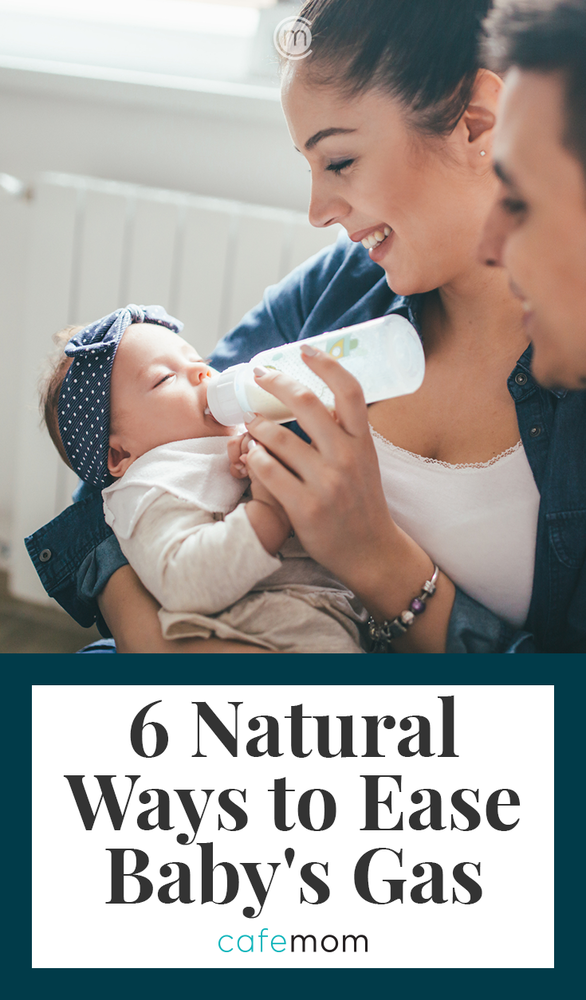 When breastfeeding a woman, a woman needs to follow a certain diet, give up sweet, fatty, salty and smoked foods. In addition, rumbling in the abdomen can be provoked by an improperly selected or prepared formula for breastfeeding.
When breastfeeding a woman, a woman needs to follow a certain diet, give up sweet, fatty, salty and smoked foods. In addition, rumbling in the abdomen can be provoked by an improperly selected or prepared formula for breastfeeding.
Many young mothers are interested in why the baby has a lot of rumbling in the stomach, and there is also bloating. This can happen due to the fact that the baby has eaten a lot, and his digestive system simply does not have time to digest food, which causes fermentation processes. If a baby’s stomach growls during feeding, then in most cases this is considered the norm. And if rumbling begins only half an hour or more after saturation, and is also accompanied by other disorders, then this may indicate the presence of problems with digestion. To determine the presence of a pathology, it is necessary to take into account factors such as:
- rumbling time;
- whether this process is accompanied by gases;
- whether there are stool disorders;
- whether the child has colic;
- whether the appetite decreases.

Violations can occur for a variety of reasons, which is why it is necessary to consult a doctor and conduct a comprehensive treatment.
Rumbling due to hunger
If the baby has a lot of growling in the stomach, then this may be due to hunger. If the child wants to eat, then the stomach begins to secrete juice, the digestive tract requires good nutrition, and as a result, a rumbling sound appears.
To get rid of this condition, you need to feed the child. It is important to remember that breast milk is considered the best and healthiest food for a baby. If it is not possible to normalize lactation, then it is important to choose the best adapted mixture for the baby. In addition to a strong rumbling, the child's hunger is evidenced by its piercing and demanding loud cry.
The occurrence of colic
If the baby's stomach growls after feeding, this may be due to increased gas formation and colic. Basically, this condition in a baby is observed for 2 months after birth. After this time, colic disappears in most children. However, some children may suffer from this disorder for up to 6 months.
After this time, colic disappears in most children. However, some children may suffer from this disorder for up to 6 months.
Colic in a child can occur for a variety of reasons. Immediately after the birth of a child, his intestines are completely sterile and contain absolutely no bacteria. With the first nutrition, dairy products enter his body, contributing to the normalization of the intestinal microflora. Since there are no beneficial bacteria in the body yet, fermentation can increase significantly, and as a result, bloating occurs. Treatment of this condition is not required, you just need to wait a while until the intestines begin to work normally.
Lactase deficiency
If the baby's stomach growls, this may be one of the manifestations of lactase deficiency. In the first months of life, the newborn eats exclusively milk food containing lactose. It is an enzyme that helps digest food. If these enzymes are not enough in the body, then the baby's tummy will make a rather strange rumbling sound.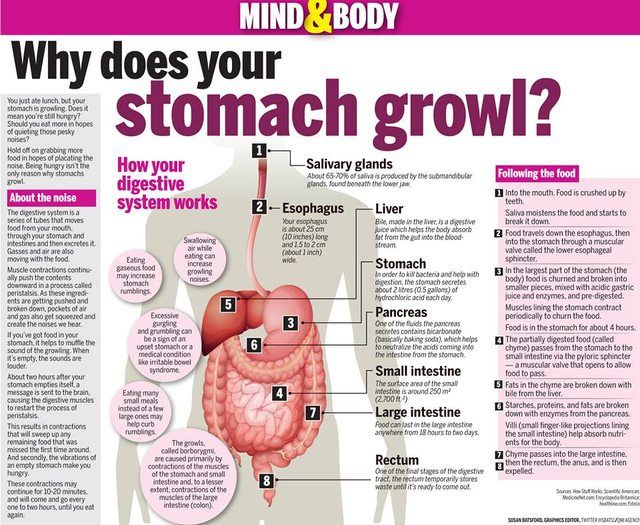 In addition, the baby may have too liquid or green feces, while eating, he can abruptly throw his chest, cry, tighten his legs.
In addition, the baby may have too liquid or green feces, while eating, he can abruptly throw his chest, cry, tighten his legs.
To determine the presence of lactase deficiency, you need to undergo an examination and pass a urine and stool test. When confirming the diagnosis, the doctor recommends changing the diet of the newborn. To date, there are special adapted milk formulas designed for such children.
Lack of enzymes
If the baby's stomach growls, this may be due to a lack of enzymes in the body. Usually this condition occurs in babies under the age of 2 months and manifests itself during the introduction of complementary foods. For normal digestion, the human body must secrete certain enzymes. If the body lacks certain substances, then the food is not digested, but enters the intestines unchanged. As a result, fermentation begins and the amount of gases increases.
Enzyme deficiency can be corrected very easily. There are certain drugs to compensate for the lack of substances. However, they should be prescribed only by an experienced specialist after a comprehensive examination.
However, they should be prescribed only by an experienced specialist after a comprehensive examination.
Rumbling due to dysbacteriosis
If a baby rumbles in the stomach during feeding, this may be due to dysbacteriosis, and it also becomes frothy and loose stools. This condition occurs due to a violation of the microflora in the intestine. In addition, the normal digestive tract is populated by beneficial microorganisms. If the pathological microflora is actively developing, then dysbacteriosis may occur.
Doctors usually take a stool test before prescribing a certain drug. Only after confirming the diagnosis, medications are prescribed that normalize the intestinal microflora.
Main symptoms and signs
Determining the presence of a problem in a child is quite simple, as it often rumbles in the baby's stomach immediately after feeding. In this case, distinct sounds appear, especially if you put your hand on the baby's tummy. In addition, along with rumbling, other rather characteristic signs appear, in particular, such as:
In addition, along with rumbling, other rather characteristic signs appear, in particular, such as:
- discomfort and pain;
- moodiness;
- deterioration of sleep;
- feeding problems;
- weeping;
- leg tuck;
- swelling;
- stool becomes watery.
Based on all these signs, after a comprehensive examination, it is possible to determine the exact cause of such violations. That is why it is important to consult a doctor in a timely manner for a diagnosis.
First aid for rumbling in the stomach
It is important to understand not only why the baby's stomach rumbles during and after feeding, but also how to help him cope with this problem. A heat compress can be used to relieve and eliminate colic. To do this, a soft tissue is heated with an iron, applied to the tummy, and then the baby's legs are pressed against the chest. The procedure helps the child to calm down and fall asleep.
The child should often be laid out on his tummy, do special exercises with him, walk with the baby in his arms around the room, where there should be subdued light and soothing music that has a good effect on the nervous system. In the evening, you can give the baby a small massage on the back or tummy with light massaging movements in a clockwise direction, without pressing hard. Particularly careful should be movements in the navel.
In the evening, you can give the baby a small massage on the back or tummy with light massaging movements in a clockwise direction, without pressing hard. Particularly careful should be movements in the navel.
It is also recommended to rhythmically bend and unbend the legs, as this helps the food to pass into the small intestine much faster. If all these remedies do not help, then you can prepare dill water or a decoction of chamomile for the child. In exceptional cases, a gas outlet tube is used.
How to prepare dill water
To relieve colic and eliminate excessive gas formation, you can prepare dill water for your child or buy it ready-made in a pharmacy. To prepare dill water, you need to take a teaspoon of crushed fennel seeds, put them in a glass jar, pour boiling water and sweat a little for 20 minutes in a water bath. You can also prepare dill tea from fresh herbs, which must be finely chopped and pour half a glass of boiling water. You need to insist tea for an hour.
Carrying out treatment
Every mother wonders if her baby's stomach is growling, what to do. If such a condition is observed quite often, then it is imperative to visit a doctor who will conduct an examination and prescribe treatment in accordance with the existing violation.
If the rumbling is due to feeding problems, then the dosage and regimen must be adjusted. It is best to give food often, but in small portions. When breastfeeding, the mother should adhere to a proper and balanced diet. It is necessary to try to change breasts often or to pump yourself so that the baby receives not only foremilk, but also more nutritious hindmilk. When switching to artificial feeding, mixtures must be carefully selected so that they are well absorbed by the child.
In the presence of lactase intolerance, it is necessary to adjust the child's diet in such a way as to exclude the content of lactose in food. There are special diets and medications for this.
If the baby's tummy grumbles due to excessive accumulation of gas and colic, dill water or special teas based on fennel should be served to the baby. In addition, you need to do special exercises with the child, and during feeding, make sure that he does not swallow air.
In case of microflora disorders, it is necessary to pass special tests initially. Bacteriological culture can determine the presence of disorders and their type. Prebiotics and probiotics can be prescribed to eliminate the existing problem for the child. Also, the infection is eliminated with the help of special medications. In the future, you need to closely monitor the hygiene and nutrition of the baby. Any therapeutic measures should be carried out strictly under the supervision of a doctor.
Preventive measures
To avoid rumbling in the baby's tummy, you need to take certain preventive measures. It is imperative to make sure that the nipple grip during feeding is correct. In the case of artificial feeding, it is advisable to purchase special anti-colic bottles.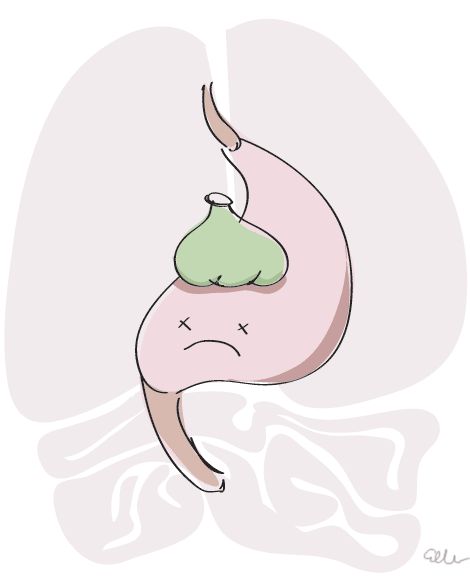 After feeding, you need to hold the baby upright for a while so that he burps air.
After feeding, you need to hold the baby upright for a while so that he burps air.
It is advisable to use special preparations that reduce the amount of gases formed and facilitate their exit from the body. In hot weather, you need to give the child, in addition to milk, also some water.
Lactase deficiency - articles from the specialists of the clinic "Mother and Child"
what it is
The main food of babies is milk (breast or formula). It contains many different nutrients (proteins, fats, carbohydrates), which, with the help of special digestive enzymes, are broken down into simple components and digested. But in young children, the gastrointestinal tract is still immature, there are few enzymes in it, others are not at all or they are not yet working at full capacity. When the baby grows up, there will be more enzymes, the digestive system will mature, but for now there may be various problems with it.
All milk (women's, cow's, goat's, artificial mixtures) and dairy products contain the carbohydrate lactose, also called "milk sugar". In order for lactose to be absorbed, the lactase enzyme must break it down, but if the child has little or no lactase enzyme, then lactose is not broken down and remains in the intestine. As a result, there is always a large amount of milk sugar in the intestines, which begins to ferment, and where there is fermentation, conditionally pathogenic flora actively reproduces. What we feel during fermentation: intestinal motility increases (it rumbles), plus gas formation increases (the stomach swells). But in an adult, this is usually a one-time situation due to some inaccuracies in nutrition, and it quickly passes. But in babies, everything is different, especially since they lack the enzyme not once, but constantly. What it looks like: The milk sugar lactose retains water, hence loose stools. In the child’s stomach, “rumbles and boils”, colic begins, the stool becomes frothy, greens, mucus and even blood may appear in it. If at first the stool was liquid, then constipation appears, and all this changes in a circle: yesterday there was diarrhea, today and tomorrow there is no stool at all, the day after tomorrow it is liquid again. And the most unpleasant thing is endless colic and endless crying, there is no rest for both the parents themselves and the baby. Mom at some point notices that the baby is crying just after feeding, and then a variety of advice falls upon her. “Your milk is bad, better give the mixture,” says the beloved mother-in-law. “Only breasts and nothing else!” - advise breastfeeding gurus. As a result, the mother tries one thing or the other, but neither breast milk nor artificial mixture gives relief to the child. Colic, crying and problems with the stomach and stool continue. The parents are in a panic because they don't understand what is going on. In fact, this is a typical picture of bright lactase deficiency (LN), or insufficient production of the lactase enzyme.
If at first the stool was liquid, then constipation appears, and all this changes in a circle: yesterday there was diarrhea, today and tomorrow there is no stool at all, the day after tomorrow it is liquid again. And the most unpleasant thing is endless colic and endless crying, there is no rest for both the parents themselves and the baby. Mom at some point notices that the baby is crying just after feeding, and then a variety of advice falls upon her. “Your milk is bad, better give the mixture,” says the beloved mother-in-law. “Only breasts and nothing else!” - advise breastfeeding gurus. As a result, the mother tries one thing or the other, but neither breast milk nor artificial mixture gives relief to the child. Colic, crying and problems with the stomach and stool continue. The parents are in a panic because they don't understand what is going on. In fact, this is a typical picture of bright lactase deficiency (LN), or insufficient production of the lactase enzyme.
various reasons
There are several types of lactase deficiency, and it is with them that confusion arises.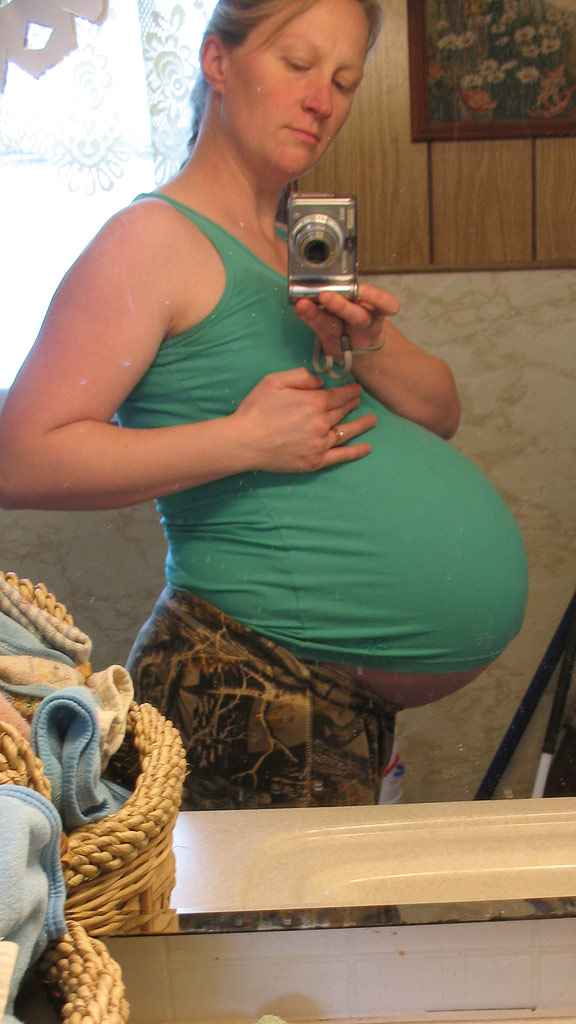
Congenital lactase deficiency is a genetic and very rare disease (one case in several thousand newborns), it is difficult to confuse it with something, since it is very difficult. The diagnosis is made in the maternity hospital or in the first days after birth, the child does not have lactase at all, he quickly loses weight, he is immediately started to be fed intravenously or through a tube. Some experts (but not doctors) on breastfeeding read once that congenital lactase deficiency is an extremely rare disease, and that’s all - they further began to assure young mothers: “In fact, LN is extremely rare, you don’t have it, you don’t need to listen to doctors ", etc. Yes, congenital LN is a rare disease, but the key word here is "congenital", and there are other types of lactase deficiency.
Transient lactase deficiency in infants . And this is exactly the condition that occurs very often. The baby was born, and so far he still has little lactase enzyme, plus little normal intestinal microflora. Hence the colic, and loose stools, and mucus, and greenery, and crying, and the nerves of the parents. After a while, the child's digestive system will fully mature, all enzymes will begin to work actively, the intestines will be populated with what is needed, and "lactase deficiency" will disappear. Therefore, such a LN is called "transient", that is, temporary, or passing. It passes for someone a month after birth, for someone longer - after six to seven months, and there are children in whom lactase deficiency completely disappears only by the year.
Hence the colic, and loose stools, and mucus, and greenery, and crying, and the nerves of the parents. After a while, the child's digestive system will fully mature, all enzymes will begin to work actively, the intestines will be populated with what is needed, and "lactase deficiency" will disappear. Therefore, such a LN is called "transient", that is, temporary, or passing. It passes for someone a month after birth, for someone longer - after six to seven months, and there are children in whom lactase deficiency completely disappears only by the year.
Secondary lactase deficiency. This condition appears if a person has had some kind of intestinal infection, and it does not matter if it is an adult or a baby. For some time after the illness, the child does not tolerate milk (any), and then with proper nutrition and sometimes even without treatment, everything quickly passes.
Lactase deficiency in adults. There are people in whom the lactase enzyme begins to be lacking only in adulthood, this happens for various reasons: for some, lactase ceases to be produced in the right amount after some kind of illness, for other people, the activity of this enzyme simply fades over time by itself. yourself. As a result, at some age, a person begins to tolerate milk and dairy products poorly, although before that everything was fine. The symptoms are the same as in babies: he drank milk and after that the stomach rumbles, boils, and the stool is liquid. Sooner or later, a person realizes that milk is not his product, and simply stops drinking it in its pure form.
yourself. As a result, at some age, a person begins to tolerate milk and dairy products poorly, although before that everything was fine. The symptoms are the same as in babies: he drank milk and after that the stomach rumbles, boils, and the stool is liquid. Sooner or later, a person realizes that milk is not his product, and simply stops drinking it in its pure form.
what to do
If there is transient lactase deficiency, then what to do with it? First you need to understand if it exists at all. Why does the child have problems with the stomach, stool, why does he cry all the time? Is it neurology, common colic, errors in the mother's diet, an inappropriate mixture (if the baby is bottle-fed), improper breastfeeding technique, lactase deficiency, or a reaction to the weather? It can be difficult to figure it out right away, but if the tests show that there is lactase deficiency, then it is most likely in it. Now what to do next - treat it, wait for the enzymes to mature, or something else? Firstly, everything here will depend on how much the enzyme is lacking and, therefore, on how much LN worries the child and parents. Some children lack the enzyme quite a bit, so their colic is mild and children cry quite normally. Plus, the violation of the stool is also not very bright: there are a couple of times a slightly liquefied stool, but that's all. In other children, the lack of lactase is more pronounced, the child does not cry, but simply yells after each feeding, if at first he gained weight well, then after two months the increase is minimal, problems with stools begin in parallel (day - constipation, day - diarrhea), stool sometimes green, sometimes with mucus. Atopic dermatitis appears on the skin (the skin is the first to react to problems with the gastrointestinal tract). Parents have no rest day or night: the baby cries - he is fed - he cries again, they try to calm him down in other ways. But nothing helps. Mom and dad are in a panic, and no one has the strength anymore.
Some children lack the enzyme quite a bit, so their colic is mild and children cry quite normally. Plus, the violation of the stool is also not very bright: there are a couple of times a slightly liquefied stool, but that's all. In other children, the lack of lactase is more pronounced, the child does not cry, but simply yells after each feeding, if at first he gained weight well, then after two months the increase is minimal, problems with stools begin in parallel (day - constipation, day - diarrhea), stool sometimes green, sometimes with mucus. Atopic dermatitis appears on the skin (the skin is the first to react to problems with the gastrointestinal tract). Parents have no rest day or night: the baby cries - he is fed - he cries again, they try to calm him down in other ways. But nothing helps. Mom and dad are in a panic, and no one has the strength anymore.
If parents see that the child may have signs of lactase deficiency, that he needs help, first of all, you need to look for a good doctor. Only an experienced pediatrician will be able to figure out why the baby has colic or green stools, what the numbers in the tests say, and what is the norm for one baby and the pathology for another. And of course, it is not necessary to cancel breastfeeding and immediately prescribe lactose-free or low-lactose artificial mixtures (even as a supplement). By itself, milk sugar lactose is very necessary for a child, when lactose is broken down, its components (glucose and galactose) go to the development of the brain, retina, for the life of normal intestinal microflora. So do not completely eliminate this sugar, you need to help it break down. With a strongly pronounced LN, the missing enzyme is given before each feeding (it has long been learned to produce and it is sold in pharmacies), with a dim clinic, its dose can be reduced. And it is also possible that there is lactase deficiency (even according to tests), but it does not need to be treated, there are almost no symptoms.
Only an experienced pediatrician will be able to figure out why the baby has colic or green stools, what the numbers in the tests say, and what is the norm for one baby and the pathology for another. And of course, it is not necessary to cancel breastfeeding and immediately prescribe lactose-free or low-lactose artificial mixtures (even as a supplement). By itself, milk sugar lactose is very necessary for a child, when lactose is broken down, its components (glucose and galactose) go to the development of the brain, retina, for the life of normal intestinal microflora. So do not completely eliminate this sugar, you need to help it break down. With a strongly pronounced LN, the missing enzyme is given before each feeding (it has long been learned to produce and it is sold in pharmacies), with a dim clinic, its dose can be reduced. And it is also possible that there is lactase deficiency (even according to tests), but it does not need to be treated, there are almost no symptoms.
But what cannot be done is to listen to non-specialists who deny either lactase deficiency itself or its treatment. They see the cause of all problems with the child's stomach and stool either in the wrong technique of breastfeeding, or partially admit that there is immaturity of the enzyme, but this is natural and will pass by itself. Yes, for some, LN is expressed easily and will pass quickly, but what about those parents whose child yells day and night, covered with a crust from atopic dermatitis and stopped gaining weight? Wait for the time to come and the enzymes to mature? Alas, with pronounced lactase deficiency (even if transient), enterocytes (intestinal cells) often suffer, so it is simply necessary to help such a child.
They see the cause of all problems with the child's stomach and stool either in the wrong technique of breastfeeding, or partially admit that there is immaturity of the enzyme, but this is natural and will pass by itself. Yes, for some, LN is expressed easily and will pass quickly, but what about those parents whose child yells day and night, covered with a crust from atopic dermatitis and stopped gaining weight? Wait for the time to come and the enzymes to mature? Alas, with pronounced lactase deficiency (even if transient), enterocytes (intestinal cells) often suffer, so it is simply necessary to help such a child.
If you see that your baby has signs of lactase deficiency, look for a doctor who is committed to maintaining breastfeeding and has extensive experience. He will definitely help to find out why the baby is crying, why he has a stomach ache or has problems with stool. And then the life of the parents and the child will return to normal.
"Transient" (temporary) lactase deficiency in someone passes a month after birth, in someone longer - after six to seven months, and there are children in whom lactase deficiency completely disappears only by the age of one
If the tests show that there is a lactase deficiency, then the matter is most likely in it.

